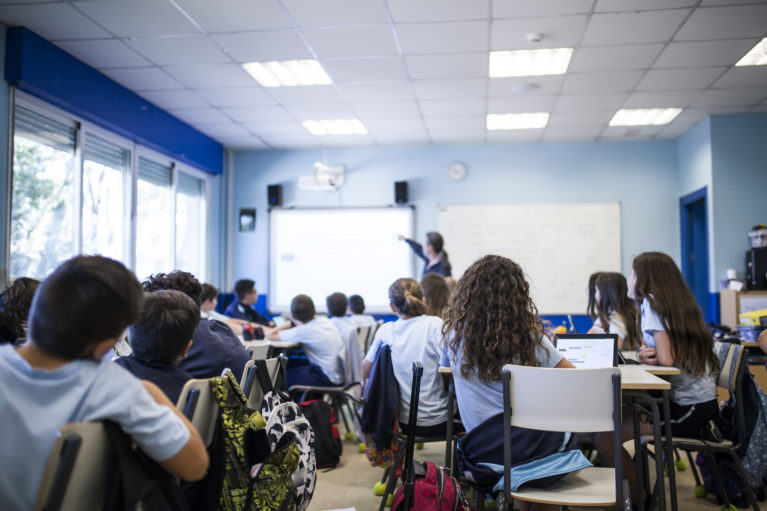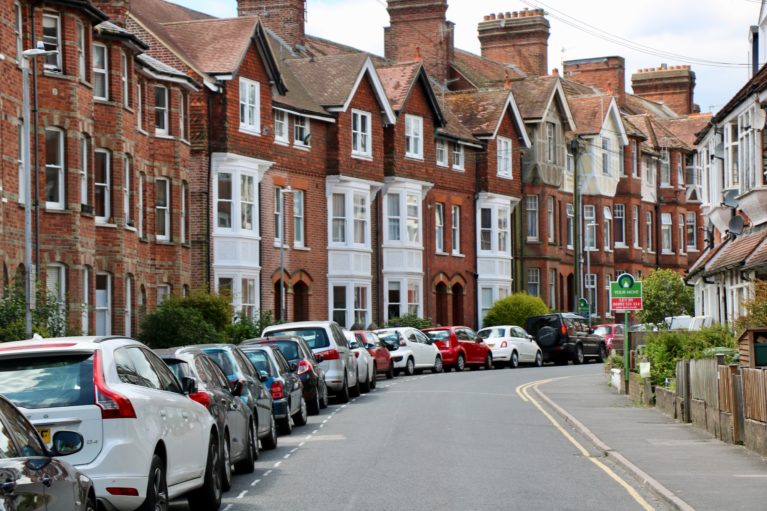Hostile environment
Our proud tradition of resistance will bring down the hostile environment
Posted on 17 Jul 2018
Liberty’s Advocacy and Policy Officer, Gracie Bradley, addressed protesters in Trafalgar Square during President Donald Trump’s UK visit. Here is an abridged version of her speech.
One of the reasons we are here today is the Trump administration’s treatment of migrants – the “Muslim ban”, the wall, children in cages.
But the UK has its own long history of state racism and xenophobia that cuts well across party lines – and its latest incarnation is the ‘hostile environment’.
Our Government separates families. If you love someone who isn’t British and you earn less than £18,600 a year, you won’t be able to sponsor them to live here with you – sometimes even if you have a child together.
If you’re a destitute migrant and you seek support for your family from social services, the state may offer support only to your children – and threaten to take them into care to do so.
Your family could be ripped apart by immigration detention too. Every year the UK locks up around 30,000 people in detention centres every year– with no time limit on how long they can be held.
Most people imprisoned are adults – but children are detained too. The Coalition Government announced the end of this practice in 2010, but 1,649 children have been locked up since – 48 of them in 2017 alone.
We heard a lot about the hostile environment during the Windrush scandal. But it is crucial we recognise it is still wrong when it affects its intended targets – undocumented migrants – forcing them into destitution and making them vulnerable to exploitation.
The hostile environment aims to turn us all into border guards. It forces doctors, teachers, landlords and employers to check people’s immigration status, facilitating discrimination against anyone who seems foreign or just isn’t clearly white and British.
Acts of resistance
But if the UK has a long tradition of state racism and xenophobia, we as a society – migrants and citizens – have our own proud tradition of resistance. And there are some small, unfunded grassroots groups who are part of that proud tradition that it’s worth knowing about, because protest is important, but we can do more.
Get involved with North East London Migrant Action – you could accompany destitute migrants to their local authority, so they are not intimidated out of the support they’re entitled to.
Visit someone locked up in immigration detention – get in touch with SOAS Detainee Support or one of the many other visiting groups around the UK.
Lend your creative skills to Against Borders for Children and Docs Not Cops, who are campaigning to keep border controls out of our schools and health services.
Or you could support your friends, neighbours and local community to know their rights during an immigration raid by starting a local Anti-Raids group.
Every single one of us has a stake in the kind of society we live in. It’s not just down to Government and politicians, it’s also down to us.
Together, we will dismantle the hostile environment. We will stop people being locked up without a time limit, and we will end immigration detention. And we will build a society in which every child has an education, every sick person can see a doctor, and every victim of crime feels safe to report it – whatever their immigration status.
In the struggle to defend migrants’ rights we have an immense fight on our hands. But up and down the country, small acts of resistance show every day that we will win.
Alongside eight other groups, Liberty has published a how-to guide to help the public, parliamentarians and civil servants resist the Government’s hostile environment. Download it here.
I'm looking for advice on this
Did you know Liberty offers free human rights legal advice?
What are my rights on this?
Find out more about your rights and how the Human Rights Act protects them
Did you find this content useful?
Help us make our content even better by letting us know whether you found this page useful or not



